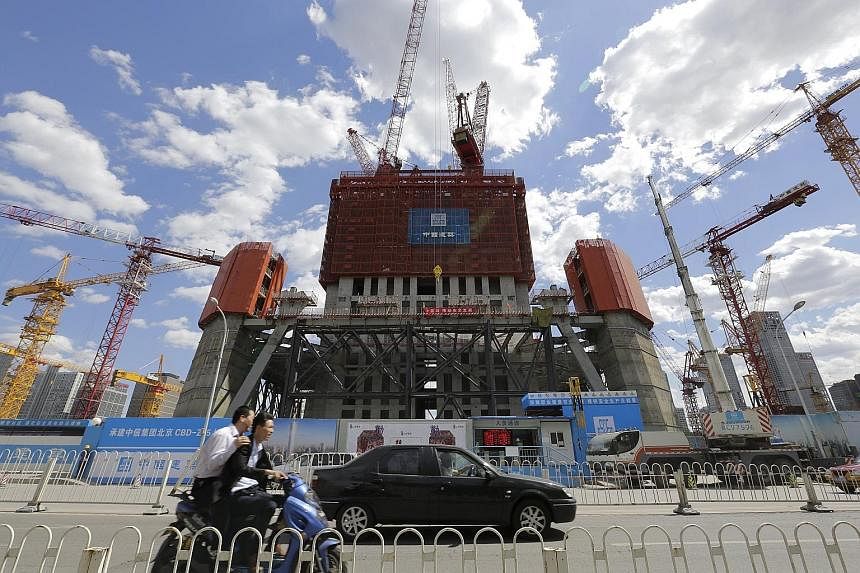As the second half of the year kicks off, wild price swings have again become the norm in stock markets across the globe.
This has many jittery investors asking themselves if they should sell all their stocks and stay out of the market completely during this turbulent period.
But there are also considerable numbers of well-heeled investors who may be hoping that the turmoil will escalate so that they can load up on shares at an attractive price.
So who will turn out to be right? In this regard, the observation made by the legendary late stock picker Sir John Templeton about investors' psyche may be particularly apt. He said: "Bull markets are born on pessimism, grown on scepticism, mature on optimism and die on euphoria."
Using his yardstick, one would say that as at this point in time, investors are not exactly pessimistic in their market outlook, since many of them are still sitting on a pretty pile of cash and looking for investment opportunities.
They are also not wildly optimistic about market prospects either, as the prevailing market sentiment is unlike the euphoria encountered in July 2007 when investors literally threw caution to the wind and piled into any penny stock that moved sharply higher even though they might not know what business it was involved in.
Hence, the likelihood of stocks experiencing a calamity of the scale that hits the world's financial markets is remote, even with recent headlines screaming red like "Greek crisis sends Asian bourses tumbling".
I imagine a great investor like Sir John may look at the current situation and say that the steady slew of bad news coming into the market would dampen investors' expectations and keep at bay the dreaded irrational exuberance that can cause stock prices to crash.
Indeed, plenty of worries remain. Investors are constantly fretting about a possible US interest rate hike and falling oil prices, and they are forever bracing themselves for the next global recession.
To them, China is perpetually in danger of an economic collapse as they view with disdain the growth it generated since 2009 with its three trillion yuan (about S$650 billion) stimulus package, while worrying about the bubble that has developed in its real estate market and the huge run-up in its domestic stock market. Yet, despite all the worries, China continues to modernise and prosper.
Then there is the soap opera the sovereign debt crisis of the euro zone - that gets a regular airing every summer.
It started with a Greek debt crisis in 2010, before going through several episodes starring other euro zone economies - Irish banks, Portuguese debt, Italian debt, Spanish banks, more Greek debt problems and the Cyprus debt crisis. It now returns with a vengeance to Greece as it defaults on its debts and faces possible ejection from the euro zone.
Still, for all the hue and cry, it is tough to find signs of panic elsewhere in the euro zone outside Greece. True, European bank shares suffered in the sell-off, following a fresh flare-up in the euro crisis, but they are still up 20 per cent in value this year.
A visitor to the euro zone will also find that both the concept of a borderless Europe and the widespread use of the euro are so deeply rooted in the euro zone that it is unlikely to be unravelled by a financial crisis over Greece on its southern flank.
Bearing all this in mind, the best advice to investors bombarded by the daily slew of negative financial headlines is not to run to the hills and hide. Instead, they stand a better chance of achieving their long-term financial goals by staying invested in the market.
Indeed, they should regard bad news as a gift which provides them with an opportunity to buy shares on the dip.
The time for any investor to worry is when most people are lulled into a false sense of security, like during the dot.com bubble era in late 1999 when sound business sense was drowned by daft ideas such as eyeball counts.
We aren't there yet by any stretch. This market has more legs to run.

